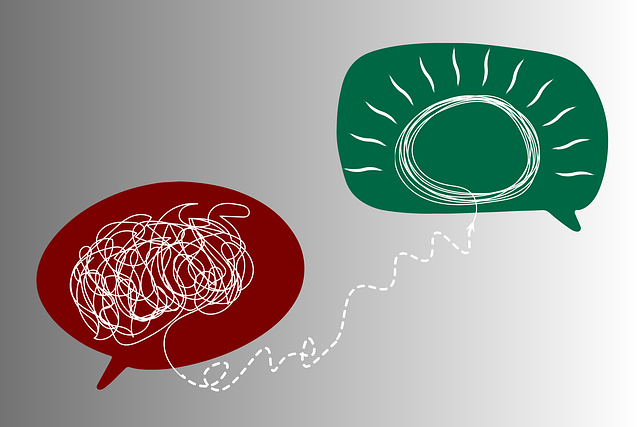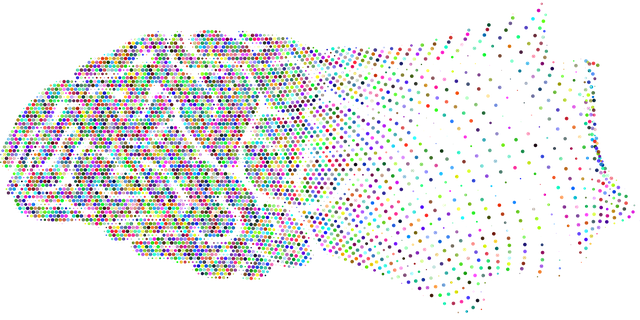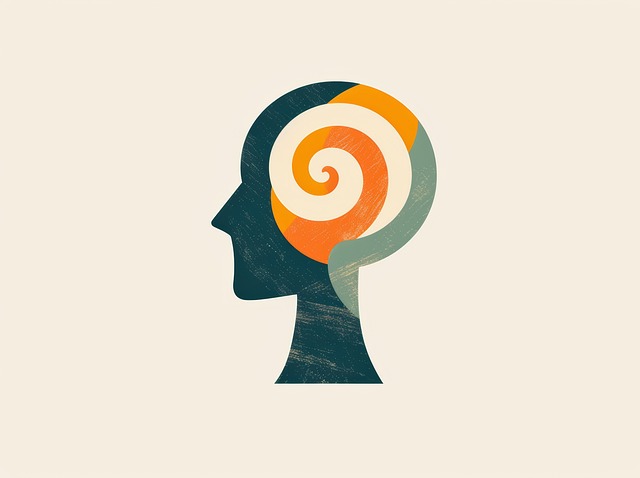Littleton Trauma Therapy emphasizes cultural sensitivity as a cornerstone of effective mental healthcare, recognizing diverse backgrounds and tailoring care accordingly. Their holistic approach bridges understanding gaps, incorporates culturally appropriate interventions, strengthens therapeutic alliances, enhances treatment engagement, and improves outcomes. By integrating empathy-building techniques and culturally responsive education, they create an inclusive environment where clients from various backgrounds feel respected and supported, ultimately contributing to improved mental wellness.
In today’s diverse society, cultural sensitivity is paramount in mental healthcare. This article explores the crucial role of cultural competence, particularly in the context of Littleton Trauma Therapy, where understanding and respecting varied backgrounds can significantly impact treatment outcomes. We delve into strategies for healthcare professionals to incorporate cultural sensitivity, fostering inclusive practices that enhance patient care and healing. By embracing these approaches, mental health services can better serve individuals from diverse cultural perspectives.
- Understanding Cultural Sensitivity in Mental Healthcare
- The Impact of Cultural Competence on Littleton Trauma Therapy
- Strategies for Incorporating Cultural Sensitivity in Practice
Understanding Cultural Sensitivity in Mental Healthcare

Cultural sensitivity in mental healthcare involves recognizing and appreciating the diverse cultural backgrounds, beliefs, and values that individuals bring into therapy. It’s a crucial aspect of providing effective treatment, ensuring that care is tailored to meet the unique needs of each client. In Littleton Trauma Therapy, this means understanding how cultural factors can influence experiences of trauma, stress, and mental health conditions like anxiety relief. By incorporating compassion cultivation practices and social skills training, therapists create a safe and inclusive environment where individuals feel heard, respected, and supported throughout their healing journey.
This approach goes beyond simply being aware of different cultures; it requires active effort to bridge any gaps in understanding. Therapists must be open to learning about their clients’ cultural traditions, rituals, and challenges, ensuring that interventions are not only evidence-based but also culturally appropriate. This holistic perspective fosters stronger therapeutic alliances, enhances engagement in treatment, and ultimately improves outcomes for all individuals seeking mental healthcare services.
The Impact of Cultural Competence on Littleton Trauma Therapy

Cultural sensitivity is a cornerstone in effective mental healthcare practice, particularly when addressing complex issues like trauma. Littleton Trauma Therapy, a specialized service, recognizes that understanding cultural contexts is vital to delivering compassionate and tailored care. In today’s diverse society, therapists must be adept at navigating different cultural norms, beliefs, and practices to ensure every client feels heard and supported. This sensitivity fosters an environment where individuals from various backgrounds can openly discuss their unique experiences, fears, and struggles related to trauma.
By integrating cultural competence into therapy sessions, Littleton Trauma Therapy aims to go beyond traditional treatment methods. They encourage therapists to explore the intersection of culture and mental wellness through ongoing training and education. This approach not only enhances the therapist-client relationship but also contributes to the overall success of the therapy process. Moreover, it encourages clients to develop self-care routines for better mental health and cultivate positive thinking, as supported by the Mental Wellness Podcast Series Production, which often highlights these topics.
Strategies for Incorporating Cultural Sensitivity in Practice

Incorporating cultural sensitivity into mental healthcare practice is a multifaceted process that requires a deep understanding and respect for diverse beliefs, values, and traditions. At Littleton Trauma Therapy, we recognize that cultural context plays a significant role in an individual’s experience of trauma and their path to healing. Therefore, our approach involves several key strategies.
Firstly, mental health education programs design that are culturally responsive can empower both clinicians and clients. These programs should equip professionals with knowledge about different cultural perspectives on mental health and well-being. Additionally, fostering empathy building strategies is vital. Clinicians can enhance their ability to connect with clients from varied backgrounds by practicing active listening, validating experiences, and acknowledging the impact of cultural factors on mental health challenges. This, in turn, creates a safer and more inclusive therapeutic environment, promoting effective mood management techniques tailored to each individual’s unique cultural needs.
Cultural sensitivity is a cornerstone of effective mental healthcare, particularly in areas like Littleton Trauma Therapy. By understanding and incorporating diverse cultural perspectives, practitioners can create safer, more inclusive environments that cater to the unique needs of every client. The strategies outlined here provide a practical framework for enhancing cultural competence, ensuring that care remains trauma-informed and supportive across various cultural backgrounds. This approach not only benefits individual clients but also fosters a more equitable and accessible mental healthcare system overall.










